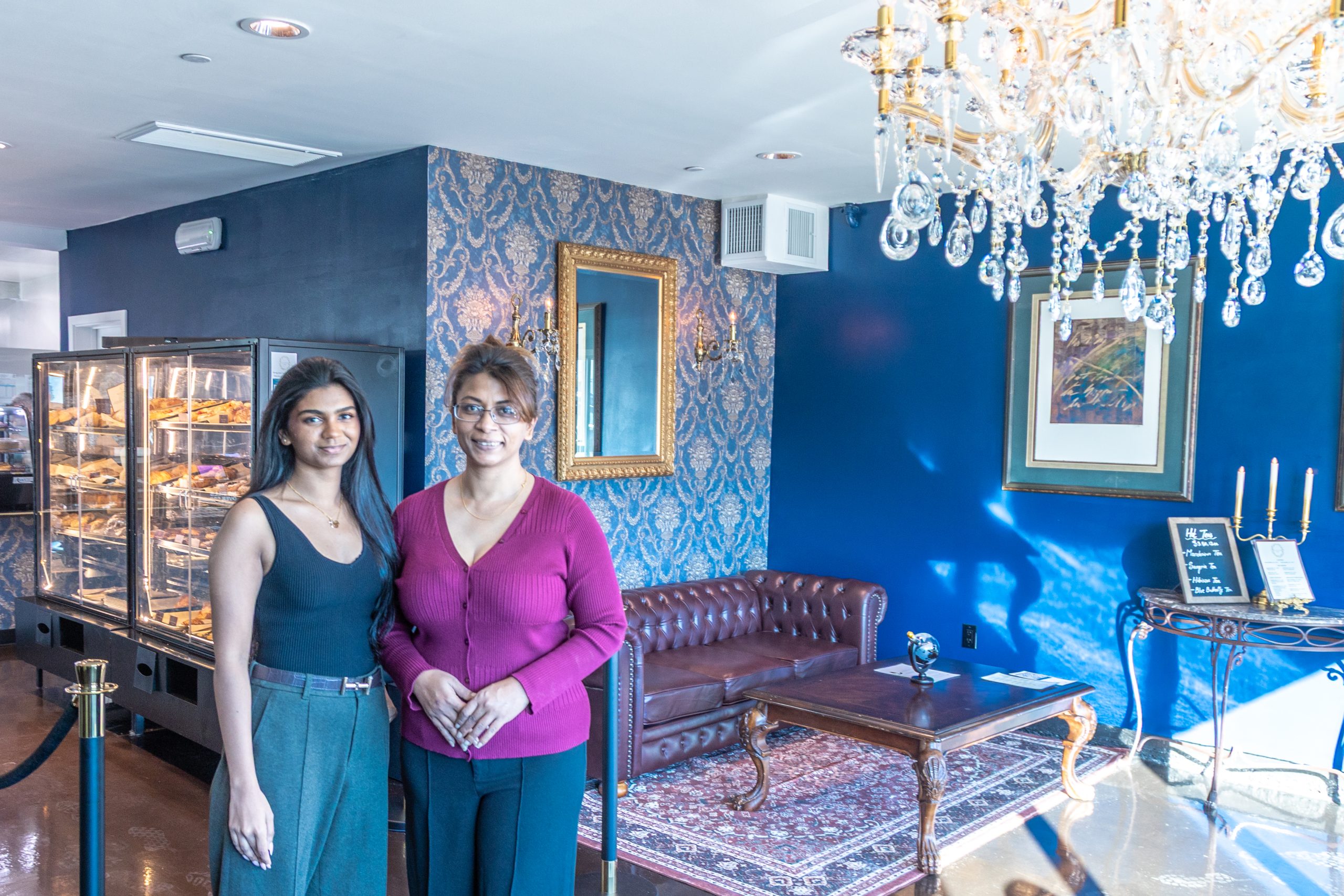by Chrissa Olson
Eighty-one years ago, Takao (Joe) Sakai told his daughter, Kimiko Ito, in a postcard, that he was going to jail.
“Dear Kimiko,” he wrote. “I am leaving here this evening. Please be in good health.”
Sakai, and subsequently his daughter, Kimiko Ito, and her future husband Tomo Ito, were among the more than 127,000 Japanese Americans incarcerated in internment camps after the bombing of Pearl Harbor. President Franklin Roosevelt ordered the interments, accusing Japanese-Americans of espionage.
On May 2, more than six decades after the internment, the city of Redondo Beach dedicated a block-long parkette of grass with trees lining either side on Flagler Lane and Ripley Avenue to Kimiko, and Tomo Ito.
The dedication was marked by the unveiling of a plaque that reads, “Dedication of the Ito Family Open Space.”
The couple’s daughter, Helene Albright, said she used to hide her Japanese heritage because of racist harassment. Now, she embraces it.
Tomo, an American citizen, was a Stanford graduate, and geologist when he was interned. A collection of his rocks is in the Los Angeles County Natural History Museum. Among the rocks is one with a crack revealing a beautiful swirl of blue, like the ocean and the night sky.
Kimiko, who was also an American citizen, was the oldest alumni of RUHS at the time of her death in 2017. Kimiko created a Parkinson’s support group in Redondo Beach, and was an English to braille translator. She was so outspoken that Albright was reluctant to tell her about harassment at school. When she did, Kimiko never let it slide, Albright said.
“It was a lot for me to take in, my father’s history,” Albright said. She has a 14-page history of her family, compiled by her after her father’s death.
“I think how can a man who was an orphan be so sweet? You’d think he’d be mad at the world because he had to go through so much just to live.”
Albright, who is now 77 years old, traces her recollections of growing up in Redondo to the family’s street addresses.
At 2520 Artesia Blvd, the FBI ransacked the home of Albright’s grandfather, Takao (Joe) Sakai, and sent him to jail in Tujunga. Their goal was to find spy equipment in the home of a man who grew carnations and sold them at the Los Angeles flower market.

At 2520 Artesia Blvd, Albright grew up making mochi, taking scalding hot ofuros, or Japanese baths, and griping with her grandparents over their language barrier.
At 1902 Havemeyer, Albright’s mother’s home was desolate during her internment, but was slowly brought back to life by donations, and a loan she begged for. Albright noted her mother’s pride, and the courage it must have taken to ask for money.
“When we were kids, you know, we’d always be running around and my parents, they’d be talking remembering camp [and] we used to [think] they were camping, you know, going into Yosemite,” Albright said. “So, we didn’t really pay any attention to it. They never said a bad thing. Like, ‘Oh my god, I remember this or that.’ That’s something about the Japanese people. They have a lot of pride. That’s how I think they persevered.” ER








